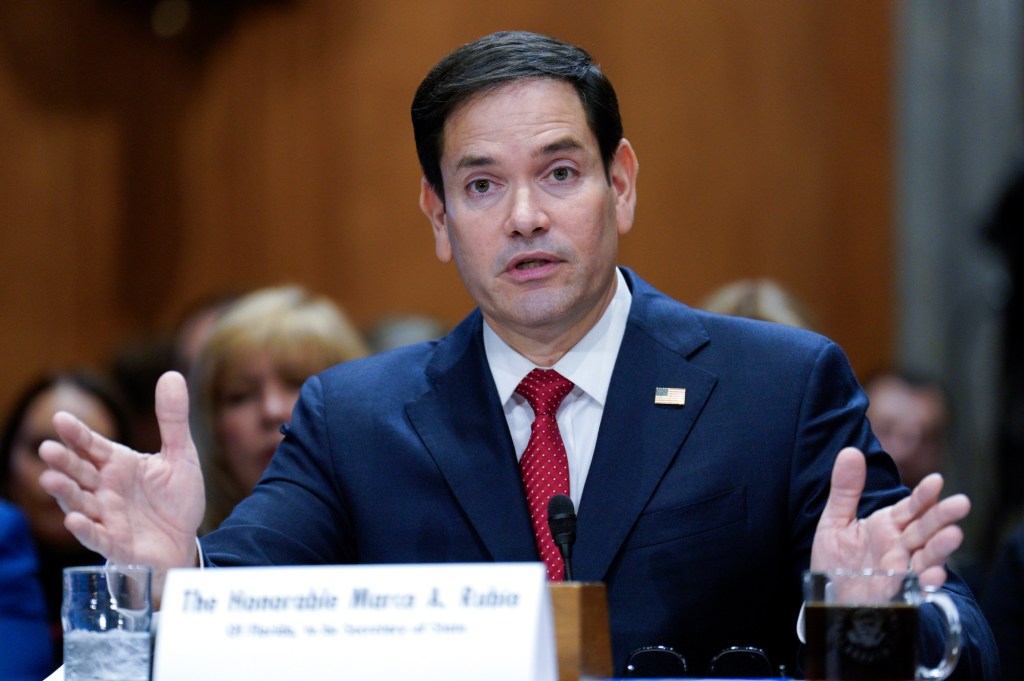The history of American foreign policy from the earliest days of our Republic has reflected a rather disconcerting combination of two seemingly contradictory orientations — isolationism and interventionism. At first glance it might seem incongruous to speak of America’s historic isolationist-interventionist impulse in the same breath. Isolationism is generally conceived of as something out of America’s past — dead and gone — an approach that, while perhaps appropriate at earlier points in time in our history, is no longer a viable policy option. Interventionism, on the other hand, is viewed today by many people as a function of America’s great power role in contemporary international affairs.
In point of fact, America’s historically manifested isolationism and its propensity for interventionism represent two sides of the same coin. Isolationism is an instinct of withdrawal — a rejection of the world’s complexity. Interventionism is this impulse turned inside out — a wish to end complexity by transforming the world through our actions. Each rejects reality, the world as it is, though in different ways. As such, this dualism has been a recipe for trouble.
On the one hand, for much of our history a foreign policy of isolation from the machinations and wars of the rest of the world was viewed by most Americans as a necessary condition for our survival. Departure from the policy of isolation, it was thought, invited a host of potential dangers — foreign interference in the domestic affairs of the nation, the growth of an imperial presidency, militarism, an erosion of the freedoms guaranteed by the Bill of Rights.
A basic component of the isolationist impulse was the conviction that the solution of major domestic problems had first claim upon the energies and resources of the American people. Indeed, the well-known apathy and/or antipathy of the American people toward foreign affairs may be traced back to this primacy of domestic affairs in the lives of America’s people. This was so for two reasons: The need to contend with a host of environmental challenges associated with the settlement of a vast continent, as well as preoccupation with the elaboration of viable political and economic arrangements.
The fear of unwanted involvement in foreign wars not of our making was the major contributing factor to perhaps the most widely recognized practical manifestation of America’s isolationist bent — the idea of diplomatic and military non-entanglement. This would be the dominant foreign policy orientation of the country down to World War II. Our historic aversion to alliances can be seen in this light, for example our insistence on being labelled an “associate power” in World War I and our refusal to join the League of Nations after that war. In more recent times, witness our failure to ratify the Law of the Sea Conventions. The current reluctance by some of our country’s decision-makers to underwrite additional funding for Ukraine in support of its war with Russia is the latest illustration of this tendency. Now, we are hearing calls for American withdrawal from NATO.
At the same time, in the midst of this preferred foreign policy posture of isolationism, there has existed a corresponding reality. From the onset of the American nation-state, the long era of isolationist behavior would be interspersed with overt interventionist episodes. This was exemplified in our relations with our neighbors as we expanded our borders in the 19th century. Then, too, it underlay our many interventions on behalf of democracy in Latin America beginning with the Spanish-American War. More recently, we have witnessed America going abroad, in the words of John Quincy Adams, in search of “monsters to destroy.” Our interventions in other peoples’ revolutions have all been designed to preserve a favored status quo in an age where America has dominated the world stage. In the process, after 1945 America managed to acquire some 40 allies. Today, one can say the sun never sets on the American alliance system.
Unfortunately, our interventions have sometimes brought enormous disappointment due primarily to our failure to manage them well. Consequently, America has once again stepped back, retreating to our continental paradise, not yet having located that happy medium. So the isolationist-interventionist dualism continues to present the nation with a profound dilemma: The long tradition of American non-involvement in foreign affairs has imparted to the country’s diplomacy a lack of perspective, something the post-World War II veering to the extreme of total involvement has not completely overcome. The Isolationist-interventionist orientation remains a deeply felt, instinctive mindset that troubles and haunts America’s role in the contemporary world.
In the end neither a wholly interventionist nor isolationist policy seems best suited for the interconnected world in which we now live. We are past the time when America can force change on the rest of the world without its people unduly suffering as a result.
This is a contributed opinion column. Roger Whitcomb is a professor-emeritus of foreign policy studies at Kutztown University. The views expressed in this piece are those of its individual author, and should not be interpreted as reflecting the views of this publication. Do you have a perspective to share? Learn more about how we handle guest opinion submissions at themorningcall.com/opinions.
